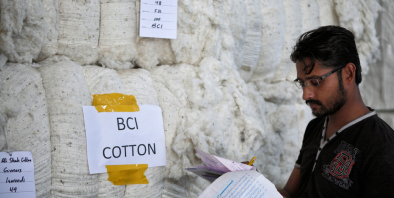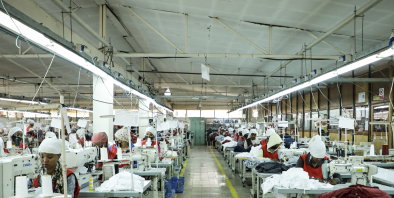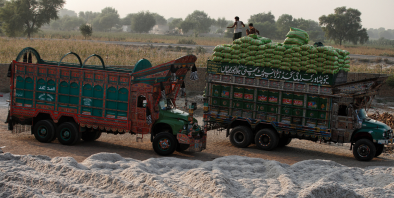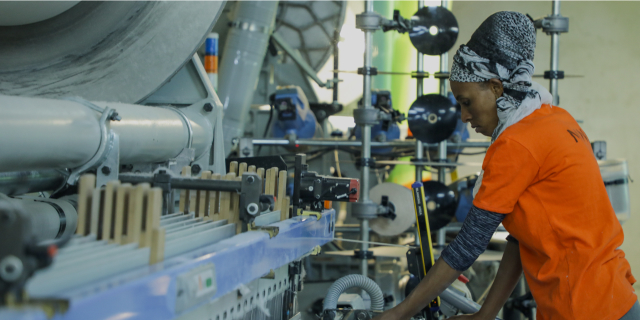As part of a multi-stakeholder initiative, you play a critical role by providing a forum and implementing interventions to address issues in the cotton value chain. Therefore, you need legitimacy. For this, you need to listen to, and involve, smallholder farmers in your work.
We want to see you play your part, not only in ensuring companies are doing the bare minimum and sourcing 100% of their cotton from certified sources, but by ensuring cotton provides farmers with good livelihoods and is environmentally sustainable through increased investment in training.
For the full details on how you can do better, read the Cotton Paper.




